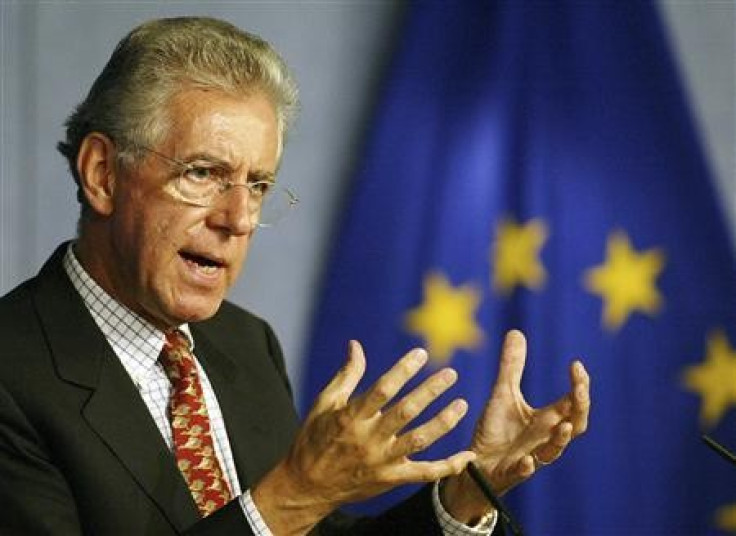Italian Senate to Vote on Key Austerity Measures, Step to New Government

Italy's upper chamber, the Senate, will debate and vote Friday on austerity measures demanded by the EU to avoid a eurozone breakdown, while a new emergency government could take over Silvio Berlusconi's administration within days.
The law is expected to pass without amendment and to be approved by the lower house Saturday, leaving the way clear for the prime minister to resign.
Economist and former European Commissioner Mario Monti is considered the favourite to succeed the 75-year-old media tycoon. Monti has just been appointed by President Giorgio Napolitano a senator-for-life, meaning that he will eligible to take part in Friday's vote.
If the lower house completes the vote on Saturday, Napolitano could formally ask Monti to form a government of technocrats.
But Berlusconi's party is still deeply divided between those in favour of elections, and those open to a Monti '"national emergency government".
After a four-hour meeting between Berlusconi and his ministers, Defence Minister Ignazio La Russa said "a decision has not been taken due to uncertainty over whether Italy needs a cross-party or technical government or, vice versa, a government sanctified by vote".
"Monti will need to have the backing of most of Berlusconi's People of Freedom party before any technical government is formed," Robert D'Alimonte, a professor of politics at LUISS university, told The Guardian.
Berlusconi's Northern League coalition ally rejected the idea of a government of technocrats. Also centre-left parties such as Antonio Di Pietro's Italy of Values said they would not sign away authority to a Monti government.
A highly respected international figure and head of Milan's prestigious Bocconi University, 68-year-old Monti has been pushed by markets for weeks as the most suitable figure to lead the country in an emergency stint.
Napolitano met Monti on Thursday night and, in a sign of the urgency of the situation, spoke by telephone with the U.S. president, Barack Obama.
"It is important that Italy can gain faith and I believe this is happening," said the German chancellor, Angela Merkel
On Thursday, Italy raised 5 billion euros (£4.3 billion) from new government bonds.
But this was achieved at an interest rate of 6.087% to borrow the money for one year.
© Copyright IBTimes 2024. All rights reserved.






